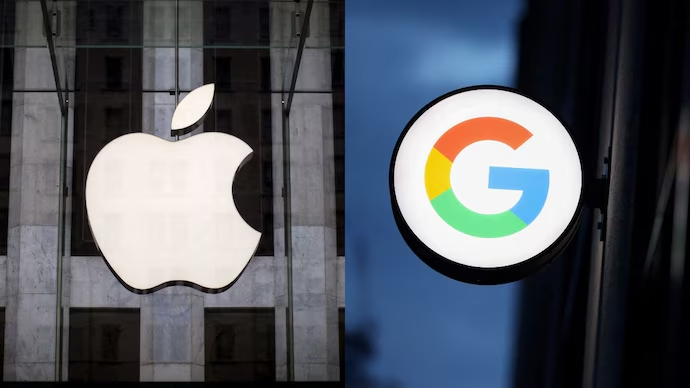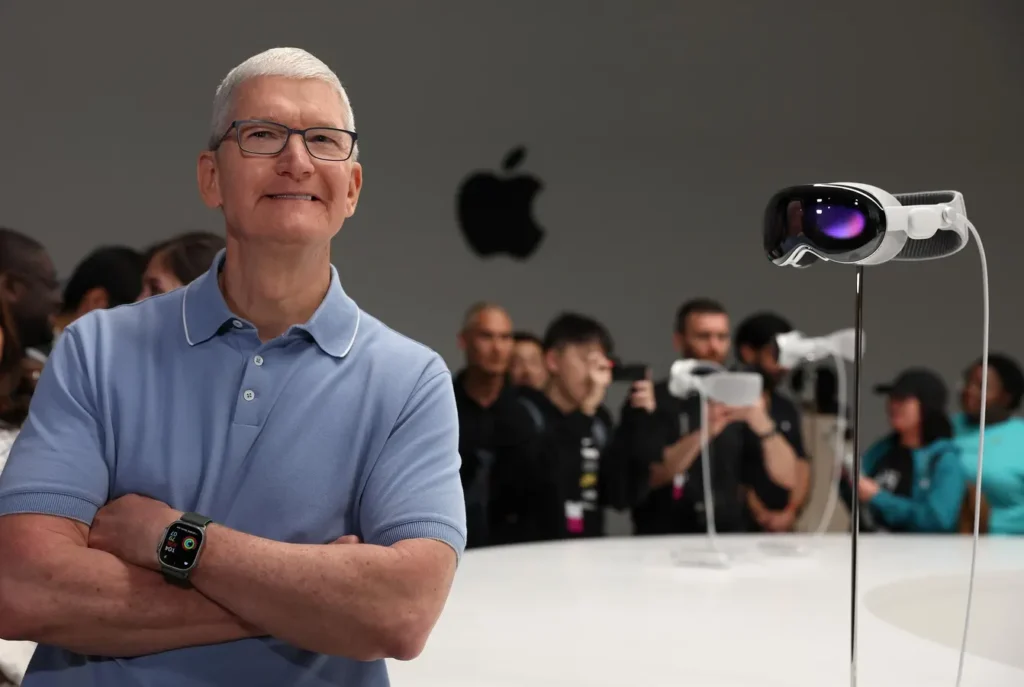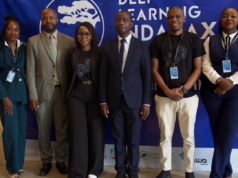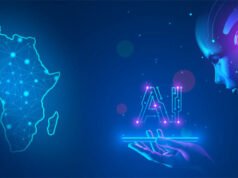In a deal that reads almost like a cloak-and-dagger chapter in tech history, Apple Inc. is reported to be paying around US$1 billion annually to Google LLC in order to license access to Google’s cutting-edge AI model and bolster its voice assistant, Siri. What stands out more is Apple’s commitment to keep the arrangement out of the spotlight.
From all appearances, Apple is staging a major pivot in its artificial-intelligence playbook — quietly leaning on the AI muscle of a company it publicly competes with, while maintaining its reputation for independence and user privacy. But why the secrecy? And what’s really going on behind the scenes?

Table of Contents
The Strategic Shift and Why Secrecy Matters
Apple’s rationale is multi-layered. On one level, the company has apparently concluded that it cannot afford to wait years building everything in-house when the AI wave is rising fast. Google’s model, reportedly the “Gemini” architecture (~1.2 trillion parameters in one version) offers Apple a shortcut.
Yet admitting that would create a reputational problem. Apple has long cultivated a brand of independence, privacy-first thinking and self-reliance. To publicly say “we’re tapping Google’s tech” might undercut that image. Hence: quiet mode.
Moreover, the deal apparently gives Apple full control over how the model runs — it places the AI on Apple’s “Private Cloud Compute” infrastructure, rather than handing data off to Google. In other words: Apple pays for the model; Apple still holds the data.
Finally, there’s the competitive optics. Rival platforms and assistants (e.g., from Microsoft, Amazon, Google itself) are racing ahead. Siri’s performance has often been criticised; this deal gives Apple breathing room. But if you’re relying on Google, you don’t want headlines saying “Apple couldn’t do it alone”.
What It Means for Siri and the AI Landscape
For users, the key takeaway is that Siri is likely to become significantly more capable. The integration of Google’s model has been reported to focus on summarisation, multi-step planning and context-aware queries — the kinds of tasks where voice assistants typically falter.
From Apple’s side:
- Immediate gain: skip years of internal development by tapping an existing high-end model.
- Medium-term goal: use this as bridge technology while Apple builds its own large-language model (LLM). Reports suggest Apple expects its own model to arrive by 2026.
- Preserve image: Maintain privacy and ecosystem control despite the external dependency.
From Google’s side: gaining the licence fee is one thing; more crucial is strengthening its embed-footprint inside one of the world’s most important device ecosystems (iPhones, iPads, etc).
This relationship highlights the evolving nature of tech competition: it’s not just rivals, but collaborators under the hood. The world of AI is complex and interwoven.

Broader Implications and Risks for Apple
While on the surface Apple’s move seems pragmatic, it comes with strings attached:
1. Reputation risk: If revealed publicly in a hard way, claims of reliance on Google could damage Apple’s brand narrative. Users drawn to Apple for independence and privacy may see this as a compromise.
2. Regulatory exposure: Apple’s longstanding financial relationship with Google (via the default search engine deal) is already under antitrust scrutiny in various jurisdictions. Expanding a partnership with Google could draw further attention from regulators.
3. Cushioning vs dependence: While the deal gives Apple short-term capability, it may reduce the urgency or incentive to build wholly independent capability. If Apple lags in rollout of its own model, this might create a longer-term strategic weakness.
4. Competitive risk: Rivals may capitalise on this arrangement. If Google’s tech eventually becomes available to others, Apple’s advantage could shrink. Also, Apple may still face challenges not just from AI capability but from ecosystem, services, and platform differences.
In the Nigerian or wider African context, this kind of deal matters because the capabilities brought into everyday devices globally eventually shape which languages are supported, which regions get new features first, and how inclusive AI becomes. If Siri improves, but only for major languages and markets, then users in Nigeria could still lag in experience.

Conclusion
What we’re witnessing is a major tech player making a strategic, behind-the-scenes move to keep up in the AI race — while striving hard to preserve its internal narrative of independence and privacy. Apple’s reported US$1 billion annual deal with Google is indicative of how even the biggest names are willing to collaborate when the technology and timing demand it.
For users in Nigeria and across Africa, the ripple effects may come in the next few years: smarter voice assistants, improved AI features on devices, but also questions about how much localisation and accessibility will be built into these global upgrades. Will your Yoruba or Igbo dialect get the attention needed? Will features prioritise major markets? Those are the next layers to watch.
In the end, the phrase “Apple Google billion-dollar AI deal” encapsulates not just a number, but a turning point — one where tech giants lean into alliances more openly (albeit quietly) to navigate the AI era. For many users the change will be subtle at first; but for the industry, it may mark a moment when the race shifted from owning the hardware or OS to owning the assistant, the data-layer and the user’s next-gen interface.
Join Our Social Media Channels:
WhatsApp: NaijaEyes
Facebook: NaijaEyes
Twitter: NaijaEyes
Instagram: NaijaEyes
TikTok: NaijaEyes





